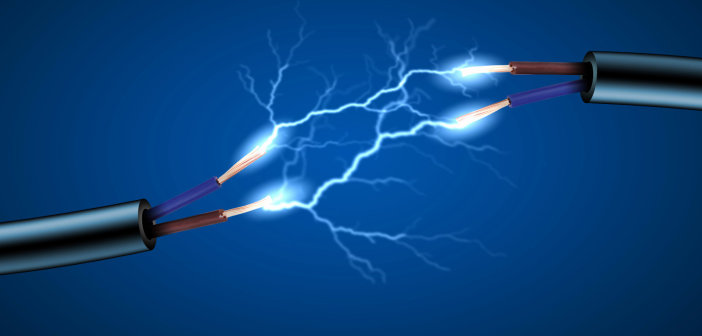Turning on the light, using a laptop, or interacting with any other kind of electrical device at home is like second-nature. No matter who you are, there are some important tips to follow to ensure you’re always safe around electrical equipment and components at home.
Basic Tips
Listen to your breaker
If the breaker trips right after being reset, there could be an electrical problem afoot. It could just be the breaker itself, but it’s more likely due to a serious electrical problem. Don’t keep pressing the breaker or you risk starting a fire. If that does happen, however…
Know when to run
It’s recommended that if you have any doubt whatsoever about fighting a fire, you should leave the building and call the fire department, in that order. If you think there’s a good chance that you can put it out, grab the extinguisher and stand your ground, but never allow it to block your exit. If you are going to stand and fight it…
Do not use water
Most may already know this, but it’s important enough to reiterate. It’s easy to forget yourself in the moment, but a bucket of water is an unreasonable method; it conducts electricity, so it’s entirely possible that the fire will instead feed on the water and grow larger. Instead, go for the PASS method with an extinguisher:
- Pull the safety pin on the fire extinguisher
- Aim the nozzle at the base of the fire
- Squeeze the handle
- Sweep the nozzle from side to side until all of the flames are gone
Understanding Tell-Tale Signs
There are numerous problems that can occur with electrical sources in your home, each of which have different causes.
Flickering lights or lights tripping the breaker
According to Arrow Electric Inc., “This is usually due to loose wiring or a worn out light fixture, both of which would require replacement. This requires cutting power to the fixture and examining the setup.” Use professional-grade connectors where necessary.
Outlet faceplate is warm
That outlet is experiencing too large an electrical load, may have a loose electrical splice or may have insufficient wiring. Some dimmer switches are naturally warm on touch, so it’s only a concern when it’s too hot. Either way, cut the power and check for melted connections or burned insulation.
Extension cords have loose ends
The extension cord has undergone too much wear and tear. Replace the cord and properly maintain it, remembering that it should not be used as a permanent wiring solution.
Additional Safety Tips
Electrical hazards can cause serious injuries or worse, both in and out of the home. Follow these safety tips no matter where you are to protect yourself and loved ones:
- Never assume a wire is safe to touch; consider all wires to be lethal and don’t touch them.
- Do not touch a power line that has fallen on the sidewalk. Instead, call your local electric company and report that the line has fallen.
- Keep at least 3 meters from an overhead wire while it is cleaned up.
- If a wire falls on the vehicle as you’re driving, remain inside and keep driving. Do not leave or touch the vehicle, even if the engine stalls. Contact emergency services.
- Never stand in water while operating electrical equipment.
- Hire a qualified electrician to inspect any wet electrical equipment before turning it on again.
- Do not attempt to repair any electrical equipment or cords in your home unless you are qualified to do so.




